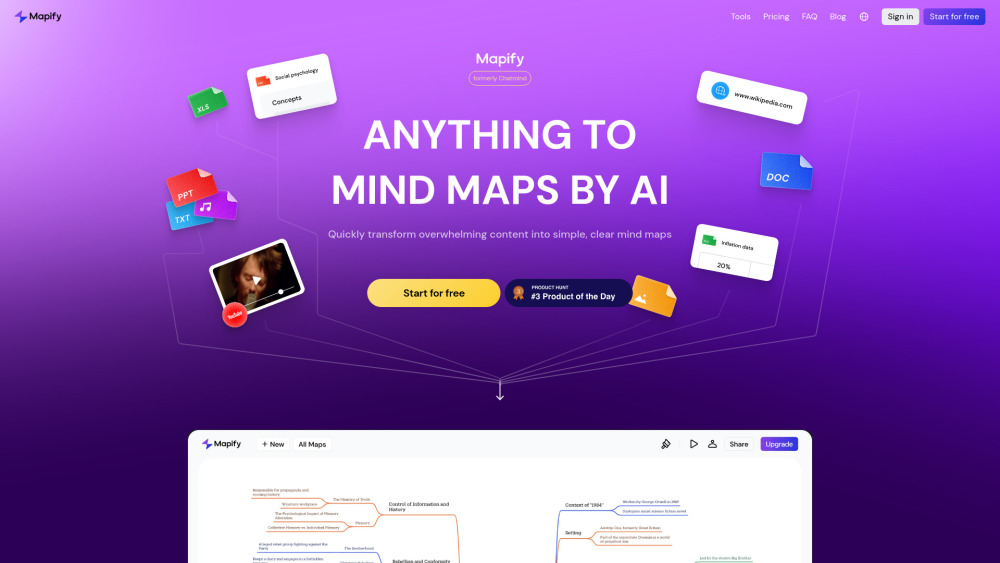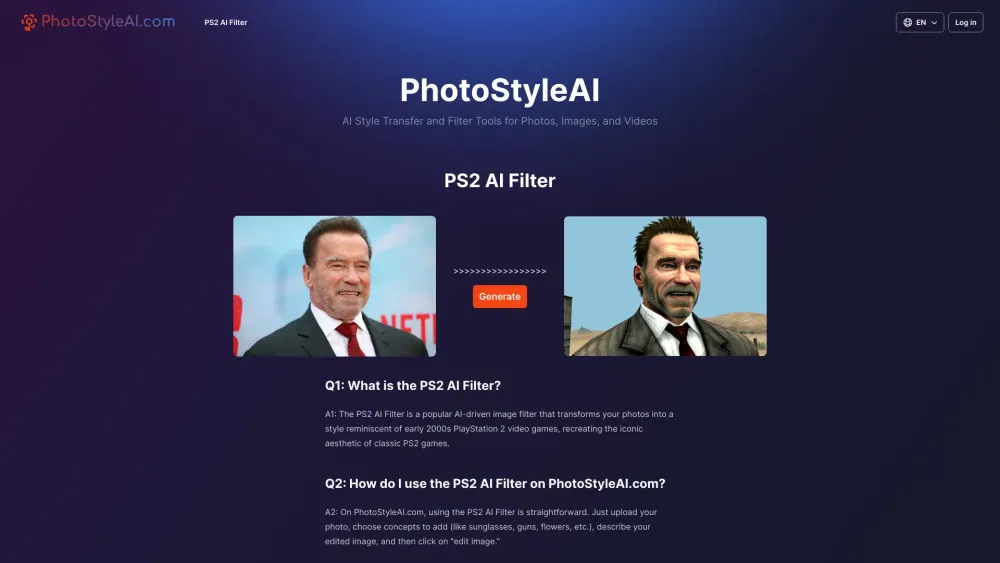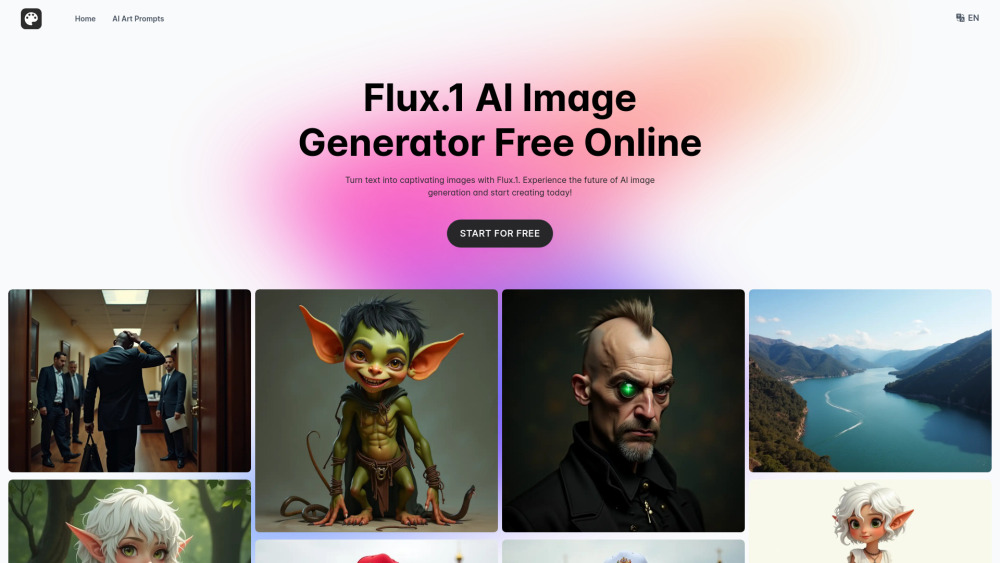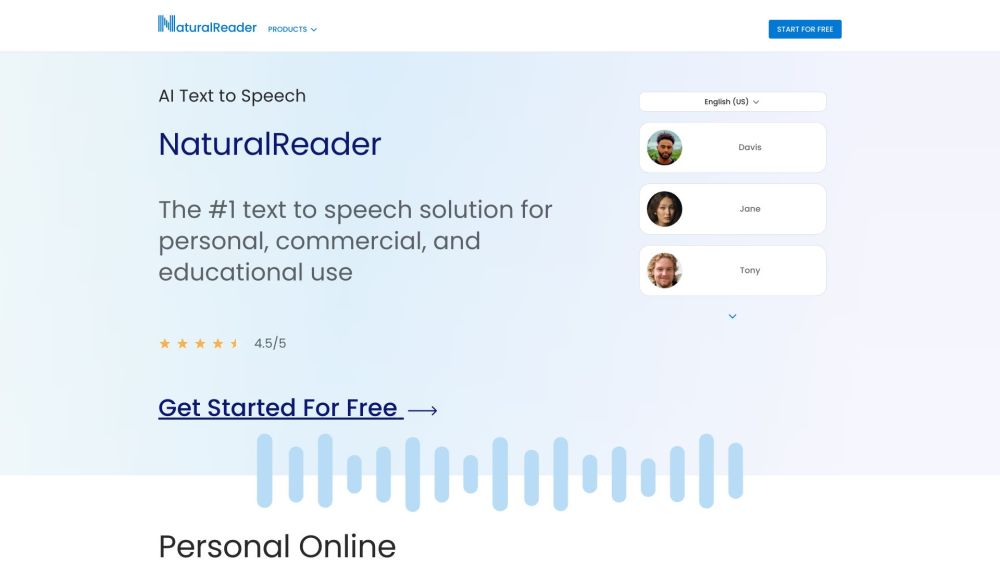At the DataGrail Summit 2024, industry leaders issued a serious caution regarding the escalating risks posed by artificial intelligence (AI).
During the panel discussion titled “Creating the Discipline to Stress Test AI—Now—for a More Secure Future,” Dave Tsao, CISO of Instacart, and Jason Clinton, CISO of Anthropic, emphasized the urgent necessity for robust security measures to match the rapid evolution of AI capabilities. Moderated by Michael Nunez, a media editorial director, the panel explored both the exciting prospects and existential threats associated with the latest AI models.
AI’s Exponential Growth and Security Challenges
Jason Clinton highlighted the extraordinary growth in AI technology, pointing out that, for the past 70 years, the resources dedicated to training AI models have quadrupled annually. “If we want to stay ahead, we must anticipate how a neural network with four times the compute power will operate in just a year,” Clinton warned, urging companies to prepare for an exponentially advancing landscape.
He cautioned that the swift progression of AI capabilities is pushing boundaries where current security measures might soon become inadequate. “If you only prepare for today’s models and fail to consider future developments, you’ll find yourself far behind,” he stated, stressing the complexity of planning for such rapid progress.
Consumer Trust at Risk from AI Hallucinations
Dave Tsao discussed the immediate challenges of safeguarding vast amounts of sensitive customer data against the unpredictable behavior of large language models (LLMs). "Even if these models are aligned correctly, persistent prompting may lead to unexpected outputs,” Tsao explained.
He illustrated this with an alarming example of AI-generated imagery that misrepresented food items, potentially leading to harmful outcomes. “If a recipe is based on a flawed AI hallucination, it could endanger consumers,” he cautioned, underscoring the importance of maintaining consumer trust.
Both Tsao and Clinton urged companies to invest in AI safety systems at the same rate as they invest in AI technologies. Tsao advised, “It’s crucial to balance AI investments with the development of safety frameworks and privacy measures. Ignoring risks can lead to severe consequences.”
Navigating the Future: New Challenges in AI Governance
Clinton offered insights on the complexities of AI behavior from a recent experiment at Anthropic. He described how specific neurons in a neural network can be linked to particular concepts, demonstrating a model that fixated on the Golden Gate Bridge, even in irrelevant contexts.
This phenomenon raises concerns about the unpredictability of AI models. “There’s much we still don’t understand about how these systems work,” Clinton pointed out, stressing that as AI continues to evolve, the associated risks will intensify.
As AI becomes integrated into critical business operations, the likelihood of catastrophic failures increases. Clinton warned of a future where AI agents might autonomously make significant decisions, requiring organizations to prepare for a new era of AI governance.
The consensus from the DataGrail Summit is clear: as AI technology advances, so too must the security measures designed to manage it. “Intelligence is the most valuable asset in an organization,” stated Clinton, reinforcing the imperative that intelligence must be paired with safety to avoid disastrous outcomes.
As businesses strive to harness AI's capabilities, they must also acknowledge the substantial risks involved. CEOs and board members are urged to embrace these warnings and ensure their organizations are equipped to safely navigate the complex landscape of AI innovation.






